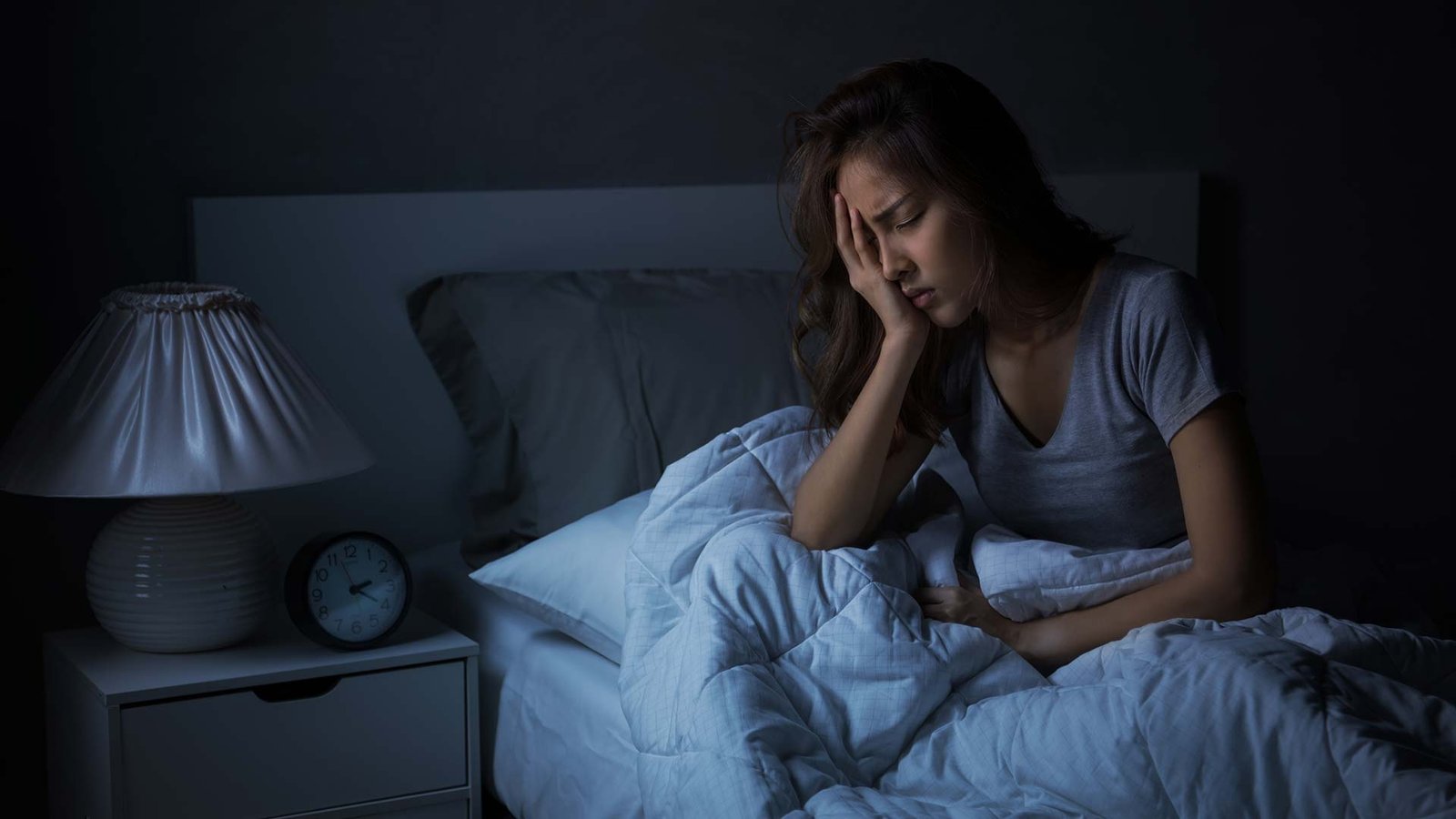How Technology Affects Your Sleep: Managing Screen Time for Insomnia Relief
In today’s hyper-connected world, technology plays a central role in our daily lives. From smartphones and laptops to tablets and televisions, it’s impossible to escape the allure of screens. But while technology brings convenience and entertainment, it also has a significant impact on our sleep. With increasing evidence linking screen time to insomnia, understanding how technology affects sleep is crucial for managing and improving sleep quality.
The Science Behind Sleep and Technology
To grasp the connection between technology and sleep, it’s essential to understand how sleep works. Sleep is governed by our circadian rhythm, an internal clock that regulates our sleep-wake cycle. This rhythm is influenced by various factors, including exposure to light. Naturally, exposure to bright light during the day keeps us alert, while dim lighting signals to our body that it’s time to wind down.
However, the blue light emitted by screens—found in devices like smartphones, tablets, and laptops—can interfere with this process. The blue light mimics daylight and can disrupt the production of melatonin, a hormone that helps us fall asleep. Reduced melatonin levels make it harder to both fall asleep and stay asleep, leading to insomnia disorder
The Impact of Blue Light on Sleep
Research has shown that exposure to blue light in the evening can significantly delay sleep onset and reduce sleep quality. A study conducted by the Harvard Medical School found that people who were exposed to blue light before bed took longer to fall asleep and experienced poorer sleep quality than those who were exposed to dim or no light.
This is because the blue light emitted by screens inhibits melatonin production, which plays a crucial role in regulating the sleep-wake cycle. Without adequate melatonin, the body is unable to recognize when it’s time to sleep, making it harder to achieve restful and restorative sleep.
Screen Time and Its Link to Insomnia
Excessive screen time, particularly before bedtime, is directly associated with sleep disturbances and insomnia. Insomnia is characterized by difficulty falling asleep or staying asleep, and the overuse of technology has become a significant contributor to this condition.
One study revealed that individuals who used screens for more than two hours before bed were more likely to report insomnia symptoms. Prolonged exposure to screens not only increases the risk of delayed sleep but also disrupts the overall sleep cycle, leading to fragmented and less restful sleep.
Moreover, the mental stimulation from engaging with content on screens—whether it’s browsing social media, watching videos, or reading articles—can further increase alertness and make it difficult for the mind to transition to a state of relaxation. This mental activity can contribute to racing thoughts and an inability to “switch off” before bed.
Strategies for Managing Screen Time to Improve Sleep
Given the negative impact that screen time can have on sleep, managing your exposure to technology, especially before bed, is essential for improving sleep quality and reducing insomnia symptoms symptoms. Here are some practical strategies for managing screen time and ensuring a good night’s rest:
1. Limit Screen Time in the Evening
One of the most effective ways to improve your sleep is to limit screen time in the evening, particularly in the hour or two leading up to bedtime. Try to avoid using electronic devices such as smartphones, tablets, and laptops during this time. Instead, opt for relaxing activities such as reading a physical book, practicing mindfulness meditation, or listening to calming music.
2. Use Blue Light Filters
If you need to use a screen before bed, consider using blue light filters or apps that reduce the emission of blue light from your devices. Many smartphones and computers come with built-in settings like “Night Shift” or “Night Mode,” which reduce the amount of blue light emitted during the evening hours. These features can help minimize the disruption to melatonin production and improve sleep quality.
3. Establish a Bedtime Routine
Developing a consistent bedtime routine can signal to your body that it’s time to wind down. This routine can include activities such as dimming the lights, practicing relaxation techniques like deep breathing or progressive muscle relaxation, and setting a specific bedtime. By sticking to a regular routine, you can help regulate your circadian rhythm and make it easier to fall asleep.
4. Create a Sleep-Friendly Environment
Your sleep environment plays a crucial role in the quality of your sleep. Make your bedroom a tech-free zone by keeping electronic devices, including your phone, out of the room. Instead, focus on creating a calm and serene atmosphere with comfortable bedding, soothing colors, and minimal light and noise. A cool, dark, and quiet environment helps promote restful sleep.
5. Avoid Using Technology for Sleep-Related Tasks
Many people turn to technology to help them sleep, whether it’s using sleep apps, white noise machines, or watching TV in bed. While these methods might offer short-term relief, they can contribute to bad sleep habits in the long run. Instead of relying on technology, consider natural methods of relaxation like deep breathing exercises, gentle stretching, or a warm bath before bed.
6. Be Mindful of Caffeine and Food Intake
In addition to managing screen time, be mindful of other factors that can affect your sleep. Avoid consuming caffeine or heavy meals close to bedtime, as these can interfere with your ability to fall asleep. Similarly, alcohol might make you feel sleepy initially, but it can disrupt sleep later in the night, leading to more wakefulness.
Conclusion: Finding Balance
While technology is an integral part of modern life, it’s important to recognize its impact on sleep. Overuse of screens, particularly before bed, can interfere with your circadian rhythm, leading to sleep disturbances and insomnia. By implementing strategies to manage screen time, such as limiting device use in the evening, using blue light filters, and creating a relaxing bedtime routine, you can reduce the negative impact of technology on your sleep.
Prioritizing sleep and creating an environment conducive to rest is essential for overall health and well-being. By taking steps to manage your screen time and adopting healthy sleep habits, you can improve your sleep quality and enjoy the benefits of a more restful night.






